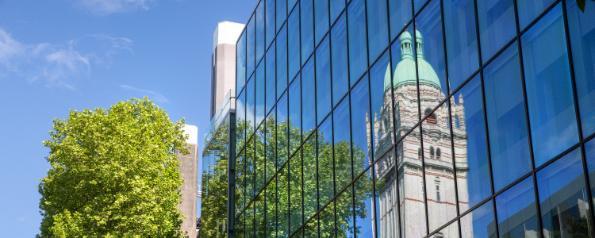Newsletter
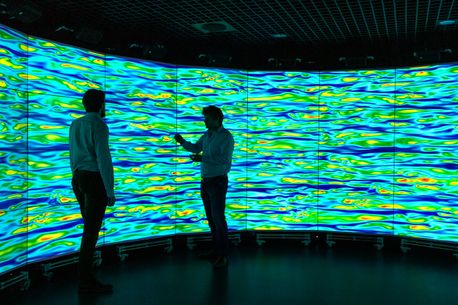
Research and Innovation at Imperial College London
College News
Technologies
Resilient Sustainable Infrastructure

Addressing key climate and societal challenges through resilient and sustainable infrastructure solutions, 'Kiacrete' - permeable concrete pavements have been shortlisted for the The Chartered Institution of Highways & Transportation (CIHT) 2023 Research Initiative of the Year Award. For more information or collaboration on the novel materials please visit their website.
Man hole Metrics
A new start up has developed a device designed to be fixed to the underside of existing manhole covers, allowing for remote monitoring of the sewage network and collection of data. Providers would then be alerted as to when a routine intervention should take place. This won the Mayor of London 2021 Tech award for technological innovations to help make London a better place to live and work.
New membrane technology to boost water purification and energy storage
I mperial College London scientists have created a new type of membrane technology that could improve both water purification and battery energy storage efforts.
mperial College London scientists have created a new type of membrane technology that could improve both water purification and battery energy storage efforts.
Remove pollutants from water
Given the UN Sustainable Development Goal 6 of delivering access to water and sanitation for all, how can new materials be deployed to help? Pavani Cherukupally is working on developing low-cost sponges which can remove pollutants from water. This strategy is much cheaper and simpler than using the current standard wastewater technologies as the blog on Designing sponges to deliver clean water explains.
Cleaning bacteria out of wastewater
Pavani delivered a webinar for Imperial's Institute for Molecular Science and Engineering, describing her work to develop a sponge which can remove bacteria from contaminated water
Oil Contamination
An oil-catching sponge, developed at the University of Toronto and Imperial College London could help thwart water contamination from offshore oil drilling. Further research is being done to investigate how the sponges could also remove bacteria from saltwater.
Pavani was recently selected as a finalist for the 2022 Asian Women of Achievement Awards in the category Science.
Research
'Dual robot’ drone to collect samples and monitor water quality
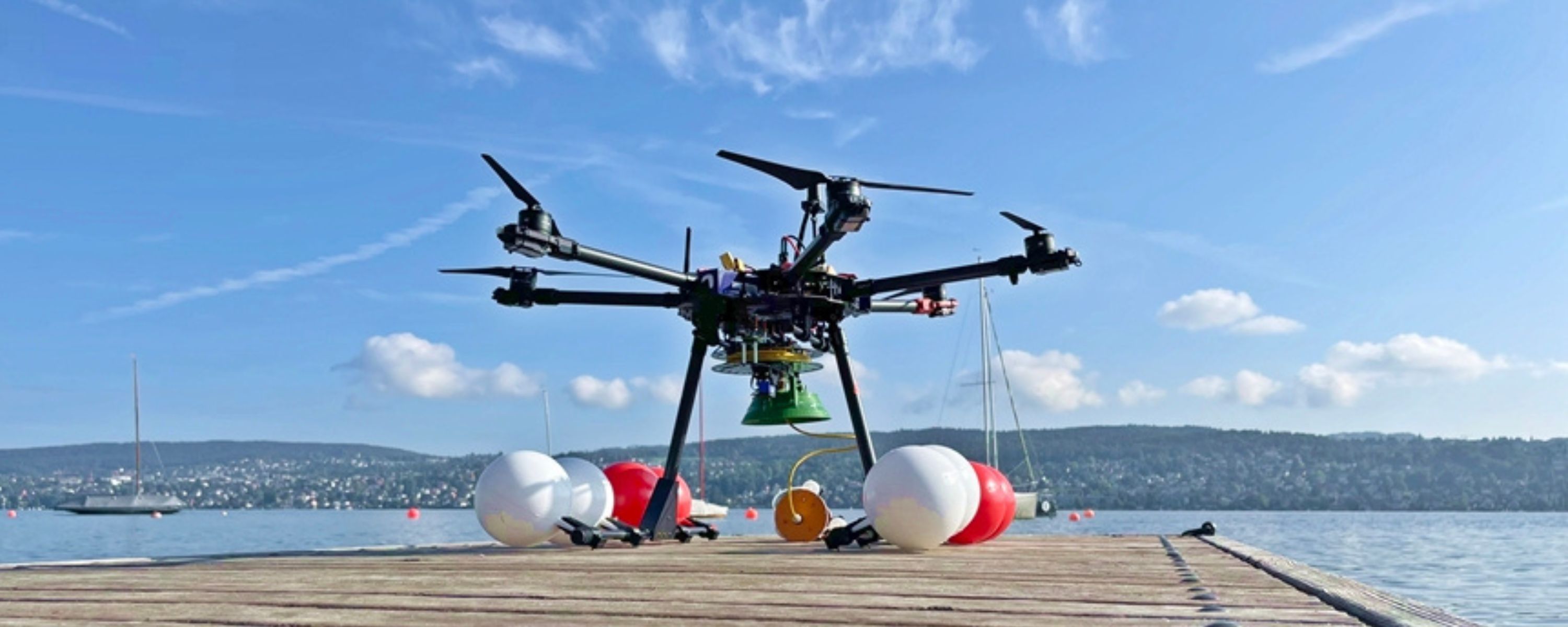
The ‘dual robot’ drone, developed at Imperial College London and tested at Empa and the aquatic research institute Eawag in Switzerland, has successfully measured water in lakes for signs of microorganisms and algal blooms, which can pose hazards to human health, and could in future be used to monitor climate clues like temperature changes in Arctic seas.
Unique facility for energy materials launched at Imperial College London
The only facility of its kind globally, the cryogenic microscopy facility has opened to enable new discoveries about materials critical to the energy transition. The facility will focus on researching energy materials for catalytic systems and batteries, as well as materials for soft and hard matter interfaces and biological systems. Moreover, the facility aims to act as a collaborative hub for scientists to address the UK's goal of achieving a sustainable zero-carbon future.
Willow tree roots Sewage filtration
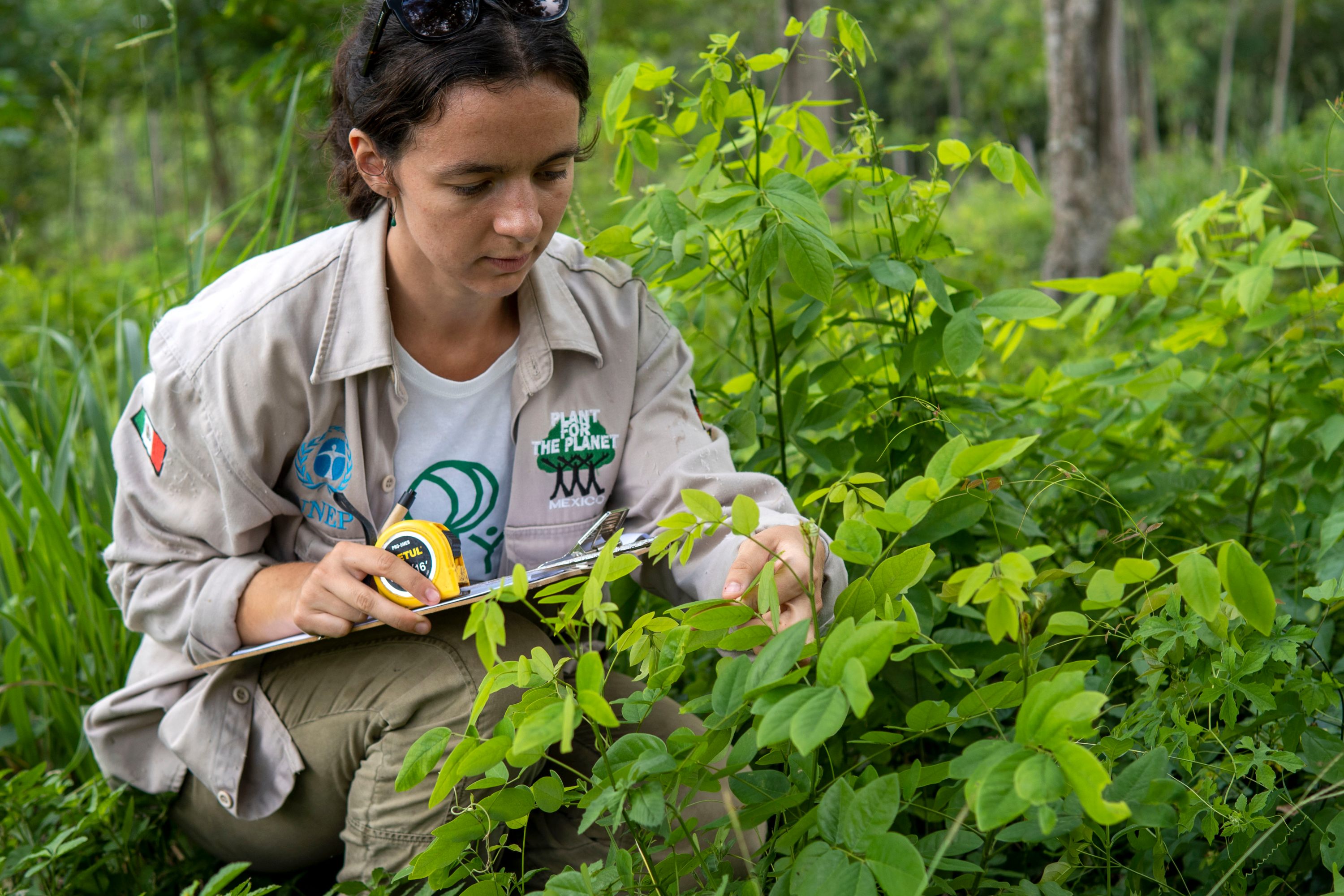 Natural filtration by willow trees could be the answer to a growing waste problem, producing clean water, renewable biofuels and 'green' chemicals. Researchers have found a way to stem the flow of municipal wastewater by filtering the waste through the roots of willow trees. The integration of wastewater phytofiltration and biomass production within a willow plantation extends this environmental utility with potential economic and social benefits. The study 'Biorefinery potential of sustainable municipal wastewater treatment using fast-growing willow' was published in Science of the Total Environment.
Natural filtration by willow trees could be the answer to a growing waste problem, producing clean water, renewable biofuels and 'green' chemicals. Researchers have found a way to stem the flow of municipal wastewater by filtering the waste through the roots of willow trees. The integration of wastewater phytofiltration and biomass production within a willow plantation extends this environmental utility with potential economic and social benefits. The study 'Biorefinery potential of sustainable municipal wastewater treatment using fast-growing willow' was published in Science of the Total Environment.
Antimicrobial Resistence
Professor Nick Voulvoulis at the Centre for Environmental Policy has won a NERC funded project on Defining the AMR Burden of Antimicrobial Manufacturing Waste as the PI. The collaborative project will assess the role of antibiotics manufacturing in Chennai and Puducherry (India) as a source of antimicrobial resistance in the environment.
Earth-abundant solar pixels found to produce hydrogen for weeks
New findings have shown that devices made of readily available oxide and carbon-based materials can produce clean hydrogen from water over weeks.
The findings from Imperial College London and the University of Cambridge could help overcome one of the key issues in solar fuel production, where current earth-abundant light-absorbing materials are limited through either their performance or stability.
Cheaper hydrogen fuel cell could mean better green energy options
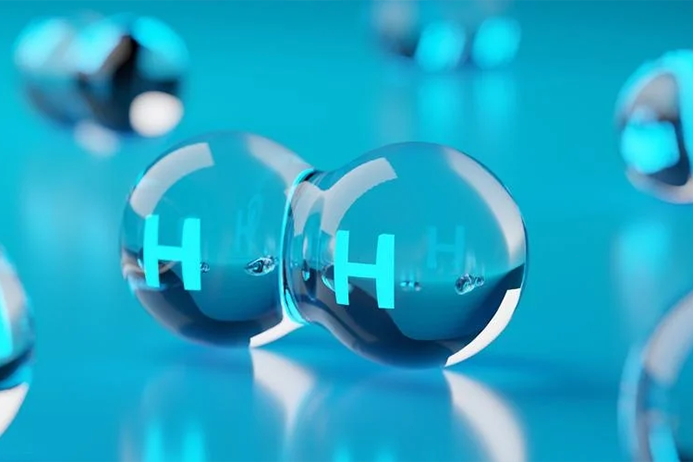 Hydrogen fuel cells convert hydrogen to electricity with water vapour as the only by-product, making them an attractive green alternative for portable power, particularly for vehicles. Traditionally fuel cells rely on a catalyst made of platinum, which is expensive and scarce. Now, a European team led by Imperial College London researcher, including lead researcher Professor Anthony Kucernak innovation has created a catalyst using only iron, carbon, and nitrogen – materials that are cheap and readily available – and shown that it can be used to operate a fuel cell at high power. Their results are published in Nature Catalysis.
Hydrogen fuel cells convert hydrogen to electricity with water vapour as the only by-product, making them an attractive green alternative for portable power, particularly for vehicles. Traditionally fuel cells rely on a catalyst made of platinum, which is expensive and scarce. Now, a European team led by Imperial College London researcher, including lead researcher Professor Anthony Kucernak innovation has created a catalyst using only iron, carbon, and nitrogen – materials that are cheap and readily available – and shown that it can be used to operate a fuel cell at high power. Their results are published in Nature Catalysis.
Biogas emissions could risk Net Zero targets
Smart design of new materials could improve energy storage technologies
Understanding new gen materials for low cost hydrogen from sunlight and water
Publications
Water Management
Systems thinking for the sustainability transformation of urban water systems
A systems-based approach to catchment water management
A highly efficient multi-step methodology for the quantification of micro-(bio)plastics in sludge
Chemical Pollution of the Aquatic Environment and Health
The role of water reuse in the circular economy
Surface-engineered sponges for recovery of crude oil microdroplets from wastewater
Climate Change and the human-made water cycle: Implications for the UK Water Sector
Energy
The hydrogen economy: A pragmatic path forward
Sustainability
Systems thinking as a paradigm shift for sustainability transformation
The Intergovernmental Panel for Climate Change (IPCC)
The Centre for Environmental Policy’s Professor Jim Skea is the chair of the world renowned IPCC. Jim was previously the co-chair and host of IPCCs Working Group III technical support unit (TSUI). The latest report from working group III - Climate Change 2022: Mitigation of Climate Change provides an updated global assessment of climate change mitigation progress and pledges, and examines the sources of global emissions.
Ecology
Imperial’s Silwood Park Campus, a leading international centre for research and teaching in ecology, evolution, and conservation is in the Royal Borough of Windsor and Maidenhead. It is recognized as an important refuge for wildlife, with a 100ha of land, include several Priority Habitats such as wet woodlands, acid grasslands, traditional orchards and parklands. The latter, particularly valued by the amount of veteran and ancient trees, support an incredible number of rare species of insects, lichens and fungi that depend on decaying wood. The campus carries out a number of research themes including Ecosystems and the Environment.
Energy Future Labs
Imperial's Energy Future Labs promotes energy innovation and advancing systemic solutions for a sustainable energy future, specialising in research from Sustainable Power, Energy Infrastructure to Policy and Innovation. For more information on the different research themes and the publication of white papers please visit their webpage.


Events
- Using microbes to remove microplastics from wastewater Wed 7 Feb 2024
- Imperial College London at COP28
Past events
- IMSE host the panel event for #Sustainabilityweek Solving Issues Around #CleanWater: A GlobalChallenge and Re-thinking Innovation and Engagement to Address the Global Water and Sanitation Challenge
- Ocean Heroes - The people working towards SDG 14, Life Below
- Systems Approaches to Water Management and Infrastructure
- The impact of climate change on mental health and emotional wellbeing
- Innovation Workshop ‘Hydrogen and Fuel Cell Research Challenges and Opportunities – An Industrial Perspective’ led by Imperial College London
Imperial's Networks of Excellence
The Hydrogen and Fuel Cell Research Hub, H2FC SUPERGEN Hub is managed by a leading Imperial professor and seven other UK universities. It links academia to industry, informs policy and builds networks.
The Antimicrobial Research Collaborative addressing the urgent global threat of antimicrobial resistance.
Developing Next Generation Solutions for the Agri-sciences - The Agri Futures Lab
The Institute for Security Science and Technology - Scientific research, education, and innovation for a secure and resilient world
Please see the full list of Imperial's Networks and Centres of Excellence and Global Institutes

Communications
A podcast with The Centre for Environmental Policy’s Professor Jim Skea (at the time of recording Co-Chair of Working Group III of the Intergovernmental Panel of Climate Change (IPCC)) and The Grantham’s Institute’s Alyssa Gilbert, Director of Policy and Translation discuss net zero carbon by 2050.
For more 'Low Carbon Conversations' see the Energy Future Labs Podcast series, Imperial’s global energy institute.
The Institute of Molecular Science and Engineering - You can watch our annual lecture, highlight seminars, and all our webinars on antimicrobial resistance, greener plastic future and next generation batteries on our YouTube channel
The Global Development Hub was launched by the Deputy Secretary-General of the United Nations and Chair of the UN Sustainable Development Group, Ms Amina J. Mohammed, on April 29 2021. You can view a recording of the launch event here.




